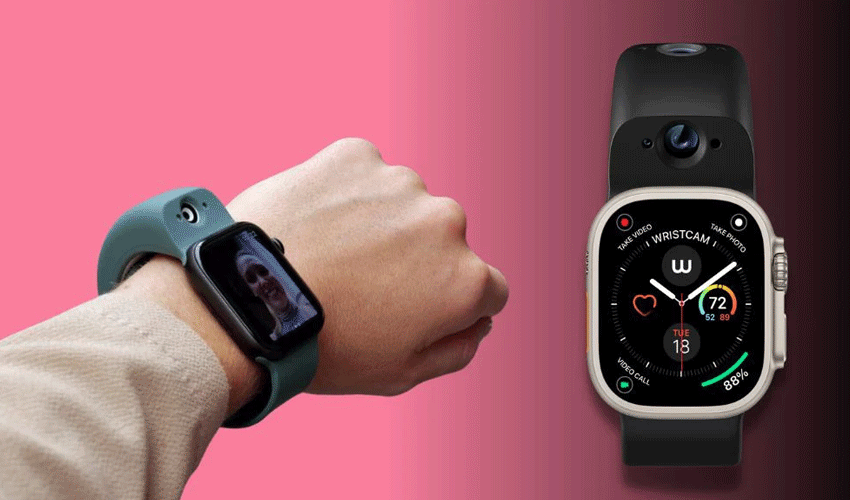-
Apple is reportedly developing a built-in camera for the Apple Watch, with the aim of enhancing its artificial intelligence (AI) capabilities, according to a report by Bloomberg’s Mark Gurman. The tech giant is said to be targeting a 2027 release for the smartwatch, which could signify a substantial evolution in wearable technology. Gurman’s latest report indicates that Apple is actively exploring various camera placements for both its standard Apple Watch Series models and the robust Ultra line. For the standard model, the camera may be embedded within the display, akin to the front-facing camera found on iPhones. Meanwhile, for the Ultra variant, Apple is reportedly testing a design that positions the camera near the digital crown and side button, a location that offers more space and could facilitate easier object scanning. The integration of a camera aligns with Apple’s broader push into AI-driven features. Last October, the company introduced Apple Intelligence with iOS 18.1, bringing tools such as Visual Intelligence, which utilizes cameras to recognize objects and landmarks in real-time. A camera-equipped Apple Watch would allow users to interact with their surroundings more effectively, potentially enhancing features such as object identification and augmented reality assistance. While Apple has yet to confirm these developments, rumors of an Apple Watch with a built-in camera are not novel. Speculation first surfaced in 2015, when reports suggested Apple was developing a second-generation Watch with a FaceTime camera integrated into the top bezel. At that time, AI capabilities on devices were still limited, and the camera was believed to be intended for video calls. Apple’s AI Expansion Beyond the Watch Apple’s focus on AI integration is not confined to its smartwatches. The company is also developing next-generation AirPods equipped with infrared cameras, with a potential launch in 2026. These sensors are expected to enable features such as hand gesture recognition and environmental awareness, particularly in conjunction with Apple’s Vision Pro headset. This move underscores Apple’s strategy to cultivate its in-house AI tools and reduce reliance on external services such as OpenAI’s ChatGPT and Google’s AI models. The company reportedly views its Visual Intelligence platform as a central feature in its upcoming product lineup, spanning Apple Watches, AirPods, and other devices. However, much of Apple’s AI roadmap hinges on internal restructuring within its AI division, following a recent leadership reshuffle. If development remains on schedule, both the Apple Watch with a built-in camera and AI-powered AirPods are expected to reach the market by 2027.



